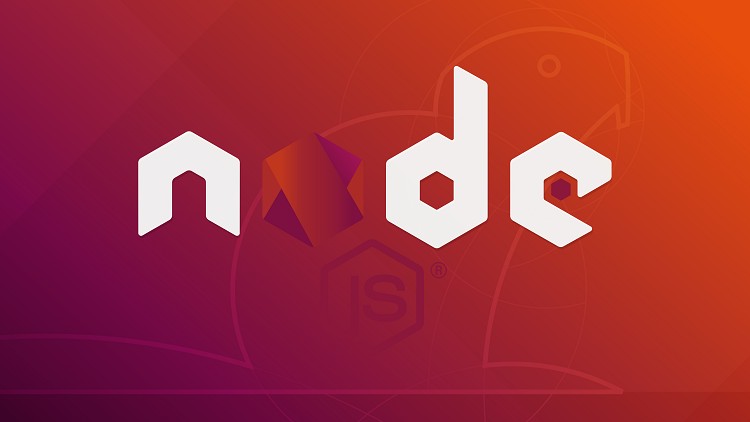
A beginners guide to learn and understand node.js from scratch. Learn node.js practically!
What you will learn
Basics
Installing Node
Event Emitter
Modules
Module Pattern
Reading and Writing File
Description
Node.js is a very powerful JavaScript-based framework/platform built on Google Chrome’s JavaScript V8 Engine. Open source software in general, and JavaScript in particular, can seem like a place where boom and bust is the rule of law: rapid growth before everyone moves on to the next big thing. But Node.js is different. Although it certainly couldn’t be described as new, and it’s growth hasn’t been dramatic by any measure, over the last few years it has managed to push itself forward as one of the most widely used JavaScript tools on the planet.
Do you want to learn Node.js?
Popularity, however can only tell you so much. The key question, if you’re reading this, is whether you should learn Node.js. So, to help you decide if it’s time to learn the JavaScript library, here’s a list of the biggest reasons why you should start learning Node.js. Okay, let’s get the obvious one out of the way first: Node.js is worth learning because it allows you to write JavaScript on the server.
This has arguably transformed the way we think about JavaScript. Whereas in the past it was a language specifically written on the client, backed by the likes of PHP and Java, it’s now a language that you can use across your application. We know by now that Node.js is flexible. But it’s important to recognise that its flexibility means it can be used for a wide range of different purposes. Yes, the library’s community are predominantly building applications for the web, but it’s also a useful tool for those working in ops or infrastructure.
This is because Node.js is a great tool for developing other development tools. If you’re someone working to support a team of developers, or, indeed, to help manage an entire distributed software infrastructure, it could be vital in empowering you to get creative and build your own support tools.
Content